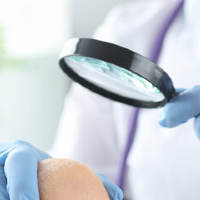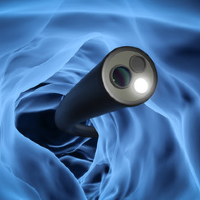Prof. Paul O'Flynn, Consultant ENT Surgeon
Prof. Paul O'Flynn
Consultant ENT Surgeon
Prof. Paul O'Flynn MBBS FRCS
Consultant ENT Surgeon
Prof. Paul O'Flynn
Consultant ENT Surgeon MBBS FRCS

Areas of expertise
- General ENT (adults and children)
- Neck lumps (thyroid, parotid)
- Sinus issues
- Tonsillectomies
- Ear drum repair
- Septoplasty


Recommendations for Prof. O'Flynn
These recommendations are for information purposes only. Doctors providing recommendations do so in good faith and are not responsible for clinical outcomes.












Recommended by:
Make an appointment
Address
-
Platinum Medical Centre
15-17 Lodge Road, St Johns Wood, London, NW8 7JA
-
The Wellington Hospital
Wellington Place, St John's Wood, London, NW8 9LE
-
Telephone or video consultation
Virtual
About Prof. Paul O'Flynn
Prof. Paul O'Flynn is a consultant ENT surgeon who qualified in 1982. He trained in London and Nottingham before becoming a consultant at The Royal National Throat, Nose and Ear Hospital in 1993. Prof. O'Flynn undertakes a full range of general ENT procedures, including tonsillectomy, nasal and sinus surgery. He has a special interest in parotid gland surgery and neck lumps, including thyroid swellings.
Prof. O'Flynn has managed and assessed hundreds of airways and supports ITU care with tracheostomies. He plays a unique role in the rehabilitation service at The Wellington Hospital, managing swallowing, voice, and airway issues. In the outpatient setting, he manages a range of conditions from nasal blockage to ear infections and deafness, to hoarseness. Microsuction and flexible nasendoscopy are available at all clinics.
Aside from his clinical work, Prof. O'Flynn is a council member of the Royal College of Surgeons of England and Chair of the ENT Examinations Board (JCIE Board in Otolaryngology).
Conditions treated by Prof. O'Flynn include:
- Laryngitis
- Nasal blockage
- Nasal polyps
- Noisy breathing
- Obstructive sleep apnoea (OSA)
- Otitis externa
- Otitis media (glue ear)
- Rhinitis
- Sinusitis
Prof. O'Flynn's dedication to his field and his extensive experience make him a leading specialist in ENT surgery.
Areas of expertise
- Adenoidectomy
- Airway management of tracheostomy and decannulation
- Airway reconstruction
- Allergic rhinitis (hayfever)
- Broken nose
- Bronchoscopy
- Deafness
- Deviated septum
- Ear infections
- Ear wax removal
- Eardrum perforations
- Ear drum repair
- Endoscopic anterior skull base surgery
- Epistaxis (nose bleeding)
- Facial palsy
- Functional endoscopic sinus surgery (FESS)
- Functional nasal surgery
- General ENT (adults and children)
- Grommet insertion
- Head & neck tumours
- Head and neck cancer surgery
- Hearing loss
- Laryngeal (larynx) cancer
- Laryngitis
- Microscopic laryngeal surgery
- Neck lumps (thyroid, parotid)
- Noisy breathing
- Obstructive sleep apnoea (OSA)
- Otitis externa
- Otitis media (glue ear)
- Removal of tumors of the ear and skull base
- Rhinitis
- Salivary gland cancer
- Salivary gland diseases such as parotid glands, neck lumps and thyroid
- Septoplasty
- Sinus issues
- Sinus surgery (sinusitis)
- Stopping nose bleeds (nasal cautery)
- Surgery for nasal blockage & polyps
- Surgery of the larynx for cancer
- Swallowing disorder (dysphagia)
- Thyroglossal duct surgery
- Thyroid cancer
- Thyroidectomy
- Tonsil and adenoid infections
- Tonsillectomies
- Tonsillitis
- Tympanoplasty
- Vocal cord disorders
- Vocal fold/laryngoscopy
Frequently asked questions
Why do you do what you do?
It's all about people for me. I chose my speciality because of the phenomenal tutoring and education at UCH at the time. New, lifesaving technology was emerging. It just looked like an amazingly interesting field. I was able to combine that with neurosurgery and plastic surgery to develop skills around reconstruction and diagnostics.
What are the common symptoms that your patients tend to present with?
Typically, an ear, nose and throat patient will be presenting with deafness, blocked ear, pain in the ear, blocked nose, lumps in the neck, among other symptoms.
What are the treatments that you're able to offer your patients?
Septoplasty, endoscopic sinus surgery, tonsillectomy, tracheostomy and carotid surgery. For outpatient procedures, typically microsuction and flexible nasal endoscopy to look at the vocal cords and the back of the tongue. Inpatient procedures would include everything from a big thyroid surgery, tracheostomies, septal surgery, sinus surgery, operations on the ear, repair of ear drums, among others.
What are your areas of sub-specialist interest?
Thyroid, carotid surgery and airway management. I support the Neuro Rehab unit at the Wellington Hospital and many patients are referred with severe neurological problems for example brain tumours, trauma or post cardiac arrest hypoxic damage, have tracheostomies which we're trying to close, or new tracheostomies put in as part of their ICU care. Subsequently trying to rehabilitate swallowing and voice disorders.
Professional memberships
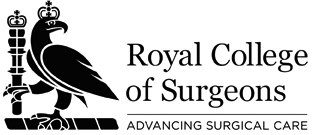
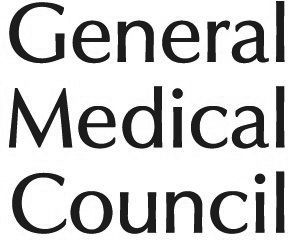
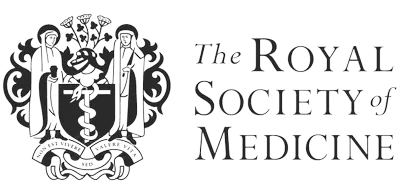
Articles by Prof. Paul O'Flynn
Identification and functional validation of hpv-mediated hypermethylation in head and neck squamous cell carcinoma













